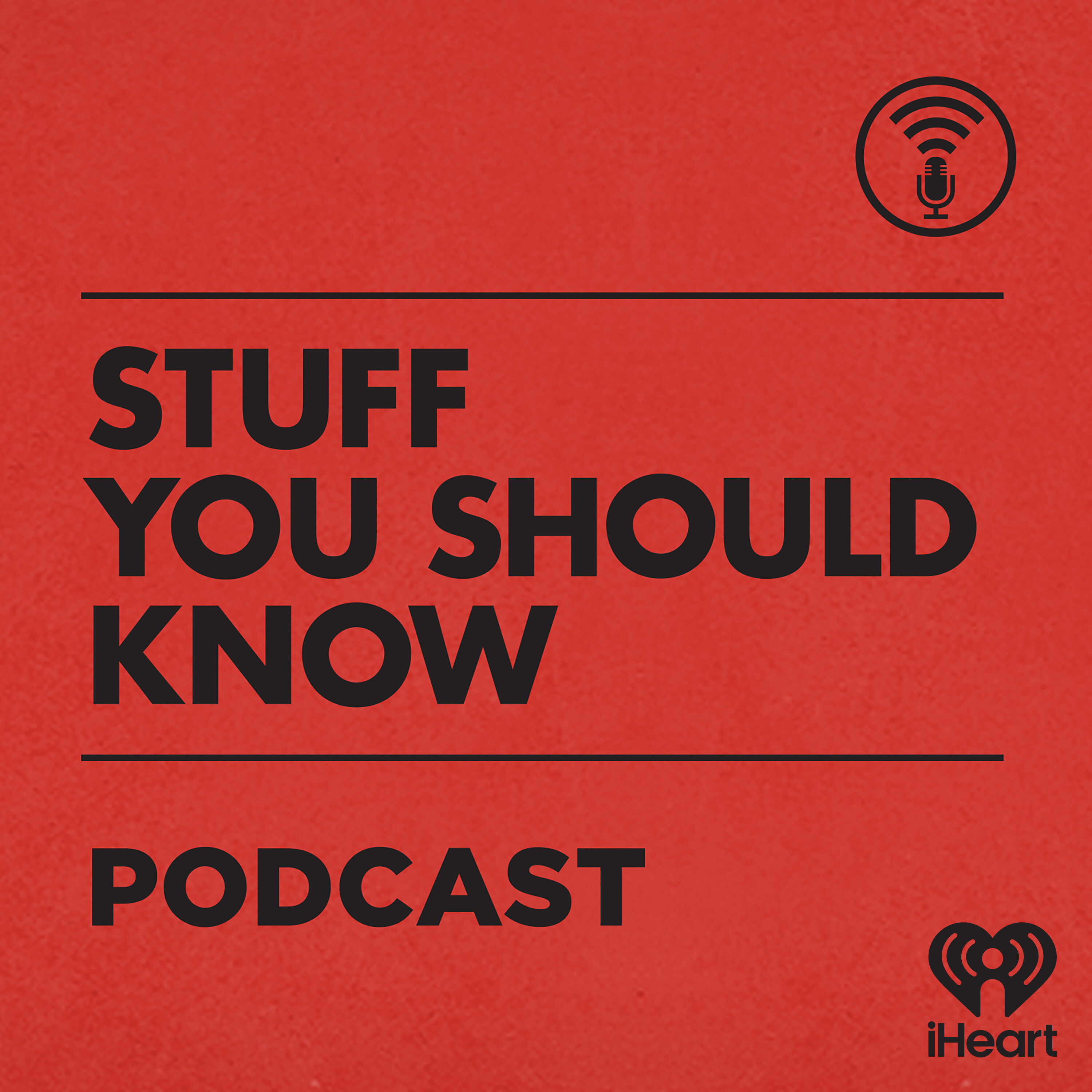Chapter

Snake Handling and Venom Collection
Professional snake handlers follow the rule of not getting hurt, as venomous snakes can strike up to one-half the distance of their body length, while non-venomous snakes use constriction to suffocate their prey. Snake venom is collected from snakes to create anti-venom to save the lives of people bitten by venomous snakes.
Clips
Overview of how far a snake can strike based on its body length and the cost and quantity of venom collected from exotic snakes.
16:32 - 18:30 (01:58)
Summary
Overview of how far a snake can strike based on its body length and the cost and quantity of venom collected from exotic snakes.
ChapterSnake Handling and Venom Collection
EpisodeSelects: How Snake Handlers Work
PodcastStuff You Should Know
Snake milking is a legitimate profession where people can make over $2,500 a month by extracting venom from snakes to create anti-venom, but not without the risks of getting bitten by venomous snakes.
18:30 - 19:17 (00:46)
Summary
Snake milking is a legitimate profession where people can make over $2,500 a month by extracting venom from snakes to create anti-venom, but not without the risks of getting bitten by venomous snakes.
ChapterSnake Handling and Venom Collection
EpisodeSelects: How Snake Handlers Work
PodcastStuff You Should Know
Depending on the type of venom injected, it can cause tissue damage which leads to organ failures, paralysis, respiratory distress, and even death.
19:17 - 20:19 (01:02)
Summary
Depending on the type of venom injected, it can cause tissue damage which leads to organ failures, paralysis, respiratory distress, and even death. Pain is also commonly associated with venomous bites or stings.